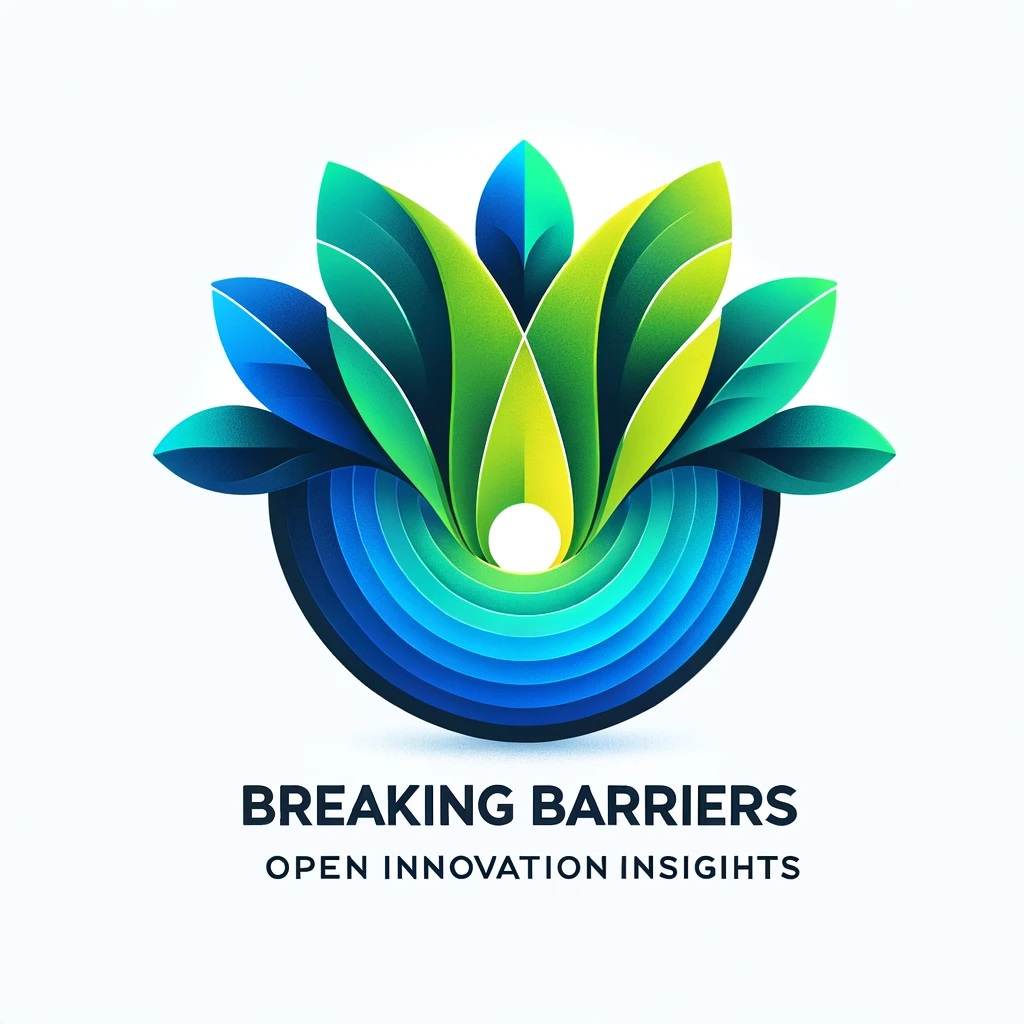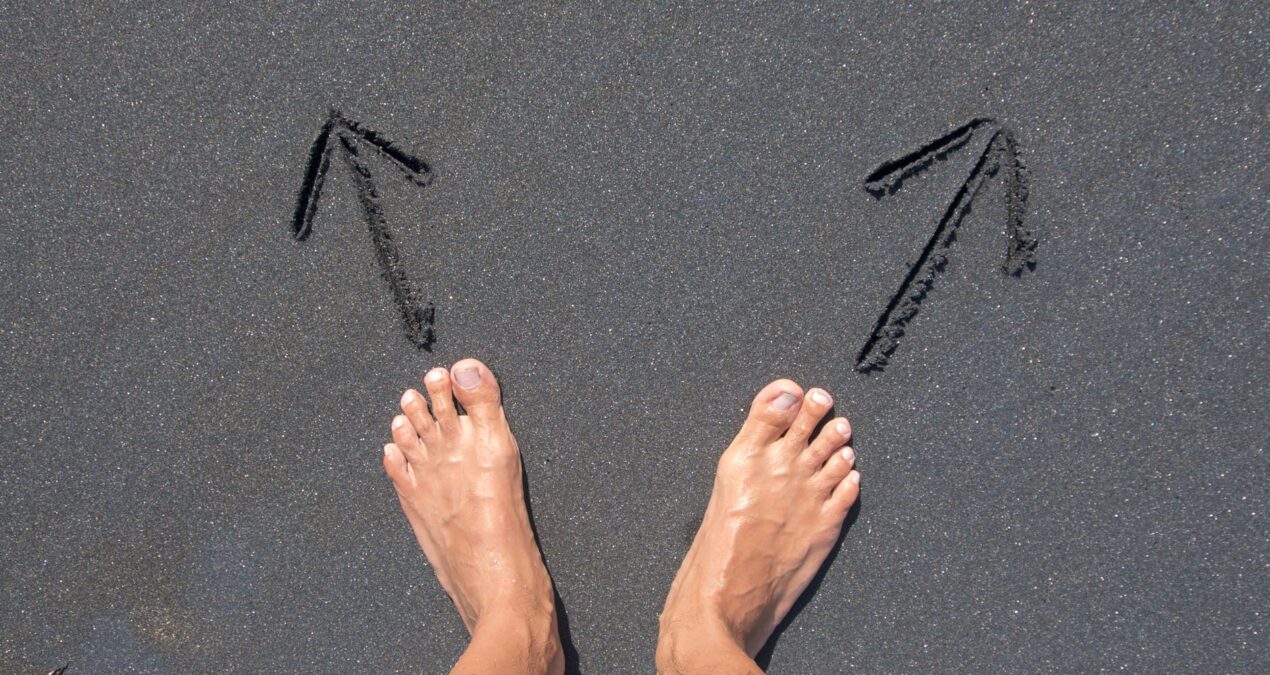 There are opportunities all around us driven by the needs, both obvious and the ones to be discovered. Besides being innate at observing and uncovering needs, entrepreneurs are adapt at helping others, who eventually may become their customers, in discovering real needs. We tend to focus on needs, to build an opportunity on, that are obvious but not on anything that might be lying deep within and about which individuals are unconsciously aware of but haven’t been really able to understand or articulate properly. They don’t know how those latent needs, if met, will make their life better and or for others they care for.
There are opportunities all around us driven by the needs, both obvious and the ones to be discovered. Besides being innate at observing and uncovering needs, entrepreneurs are adapt at helping others, who eventually may become their customers, in discovering real needs. We tend to focus on needs, to build an opportunity on, that are obvious but not on anything that might be lying deep within and about which individuals are unconsciously aware of but haven’t been really able to understand or articulate properly. They don’t know how those latent needs, if met, will make their life better and or for others they care for.
We create boundaries based on what we can see or feel, our experiences, and sometimes limited knowledge base. This is one of the biggest mistakes that most wannabe entrepreneurs make. Every entrepreneur should learn the art of discovering needs through following –
Observation – Observe individuals on how they interact with each other, with products, their surroundings, observe their body language, emotions, frustrations, their actions, and reactions to their environment. There are opportunities to do this everywhere in our daily routines e.g. waiting in check out line, driving, work place, etc. Where ever you are just observe.
Learning to be passionate – There is nothing like being passionate, everyone appreciates that. Being passionate opens others and make them more comfortable at sharing their pains, sometimes latent needs, passions, motivations etc. This also helps in discovering solutions collaboratively. Simply put be an anthropologist.
Learning to be a kid sometimes – We inhibit our imagination as we get older. Kids are the best innovators without boundaries. They think beyond what we, as adults, can think. Like any other kids, my two sons amaze me with their non-stop imagination. I observe them play, making stories, drawing, writing etc. Their plays have a role for everything in their surrounding, including things that we just threw in trash. Sometimes I end up being part of their play, a dumb character who doesn’t understand what’s going on and where the story is heading. I have started noticing their reaction and imagination on products that we use in our daily life. They are the best at putting anything to a new use. Well that’s when my parenting kicks in too, before anything stops functioning, really becomes their another toy and end up being shelved in the garage, in the basement, or finally depending upon how much I loved it, in the trash.
See picture of the lamp shade below that my son made from plastic bags. He used touch lamp frame for creating this lamp shade but with one caveat i.e. not to keep the lamp on for very long because plastic bags may melt.
It’s OK to have short memory (sometimes) – The way individuals interact with everything around them, including products or services and other individuals, varies from environment to environment. Your study of an environment in which product/services will eventually reside and the way it will be used shouldn’t be influenced by your experience from prior observations in different setup. Otherwise you will inhibit your ability to remain unbiased and capture important information that you need.
Occasionally mix colors of global trends, technologies, demographics, political issues, economic factors and see what color you get – you might see a color (new need) that no one knows exists or may exist in future. How do you do this? (More on this in another blog)
Don’t look every customer with the same lens – Depending upon where in the pyramid of needs customers are, their level (intensity) for the similar need may vary. Maslow’s hierarchy of need is a good tool to use while trying to uncover and understand new needs. At the bottom of the pyramid there are very fundamental needs like food, house etc. while at the top are the ones leading to self-actualization. (read more on Maslow’s hierarchy of needs)
Picture: Market Basket bags used by my 9 year old son to create this lamp shade.


